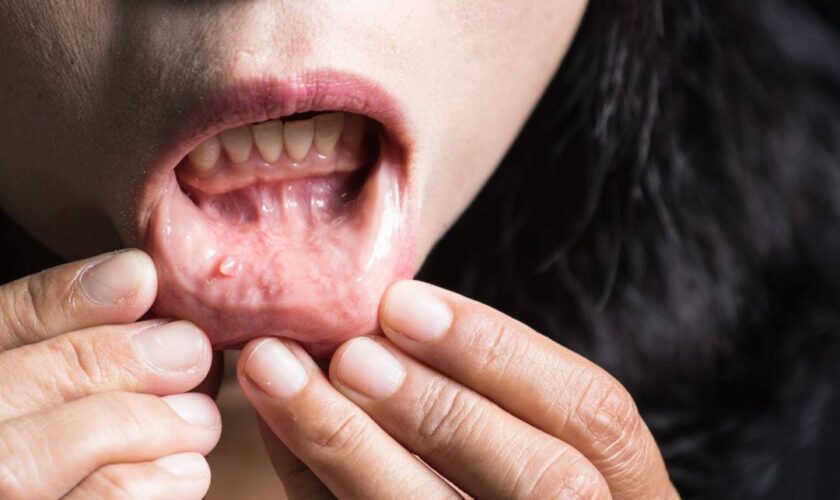It is medically recommended for people of all ages to go for a routine dental check-up at least once or twice a year. Not only do routine dental check-ups help keep plaque and bacteria at bay, but they also help prevent the possibility of oral cancer. That being said, there are several risk factors for oral cancer that you should know about.
Being aware of the risk factors is important so that you can take the necessary steps if any of them applies to you or your loved ones. For example, people with a family history of oral cancer are recommended to visit the dentist more often than others. If you suspect you have oral cancer, visit a family dentist in Denver today.
Risk factors for oral cancer
- Tobacco use.
You have a good chance of developing oral cancer if you consume tobacco or smoke. The risk for oral cancer is higher in people who smoke than those who do not. According to reports, most people with oral cancer have a history of smoking or other tobacco consumption. Whether you smoke cigars, cigarettes, or pipes, the risk is equal. Tobacco can also destroy your gums and cause gum disease.
- Alcohol consumption.
A small amount of alcohol may be okay for your teeth, but having too much can have consequences. Consuming alcohol paired with the habit of smoking can increase your risk even more. Heavy drinkers are at much more risk than light drinkers.
- Human papillomavirus (HPV).
HPV is a sexually transmitted disease that increases the risk of developing head and neck cancer, especially which occur at the back of your tongue or around your tonsils. Around 9,000 cases of such cancers are found annually in the United States.
- Gender.
Oral cavity cancers are twice as common in men than they are in women. This statistic may have been due to the fact that more men used to smoke and consume alcohol traditionally, but now women and men do it equally.
- Prolonged sun exposure.
Prolonged exposure to the sun can cause various problems in and on the human body, including oral cancer. Going out in the sun for too long without wearing sunscreen or other kinds of sun protection can cause cancer in the lip area.
- Not getting regular check-ups.
Your dentist is your first line of defense against oral cancer. At every routine dental check-up, your dentist examines your teeth, gums, tongue, and every other thing in the mouth. They are not only checking for plaque and tartar formation. They can tell you beforehand if they see signs of oral cancer and take prompt action.

